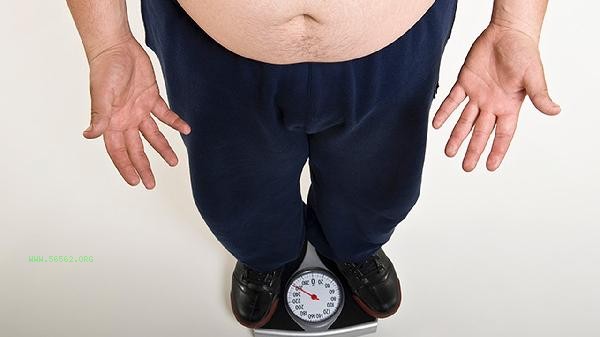Stagnation in dieting and weight loss is usually caused by factors such as metabolic adaptation, muscle loss, nutritional imbalance, hormonal changes, and psychological stress.
1. Metabolic adaptation:
Long term insufficient calorie intake can lead to a decrease of about 20% in basal metabolic rate. The body will activate protective mechanisms to cope with energy shortages and reduce resting energy expenditure. This adaptive response gradually reduces the efficiency of weight loss and eventually enters a plateau period. Research shows that after three months of extreme dieting, the metabolic rate may decrease by up to 40%.

2. Muscle loss:
Insufficient protein intake during excessive dieting can break down muscles for energy supply. For every kilogram of muscle loss, the daily basal metabolism decreases by approximately 13 calories. Muscle tissue is three times more metabolically active than adipose tissue, and a decrease in muscle mass significantly affects energy expenditure efficiency. Strength training and sufficient protein intake can alleviate this phenomenon.
3. Nutritional imbalance:
A single dietary pattern can easily lead to deficiencies in micronutrients such as vitamin D, iron, and zinc. These nutrients are involved in fat metabolism and thyroid function regulation, and their deficiency can reduce fat burning efficiency. Typical symptoms include fatigue, hair loss, constipation, etc., which indirectly affect the sustainability of weight loss.

4. Hormonal changes:
leptin levels decrease by more than 50% with weight loss, while ghrelin levels increase. This hormonal change can enhance appetite, reduce satiety, and make calorie control more difficult. At the same time, elevated cortisol levels can promote abdominal fat accumulation, forming resistance to weight loss.
5. Psychological stress:
Long term strict dietary restrictions may lead to anxiety and binge eating tendencies. The continuous secretion of stress hormones activates the fat storage mechanism, forming a vicious cycle of 'the more you diet, the harder it is to lose weight'. Lack of sleep can exacerbate this condition, greatly reducing the effectiveness of weight loss.

It is recommended to adjust the dietary structure and increase the intake of high-quality protein and dietary fiber. The step-by-step calorie adjustment method should be used to increase the intake of 100-200 calories per week, combined with resistance training to maintain muscle mass. Regular body composition testing, rather than simply focusing on weight numbers, and ensuring 7 hours of sleep per day can help regulate stress hormones. Intermittent fasting and other metabolic flexibility training can be attempted, but under the guidance of a nutritionist. The plateau period is a signal of the body's self-regulation, and further reduction of calories should be avoided, instead focusing on improving physical fitness and optimizing health indicators.




Comments (0)
Leave a Comment
No comments yet
Be the first to share your thoughts!